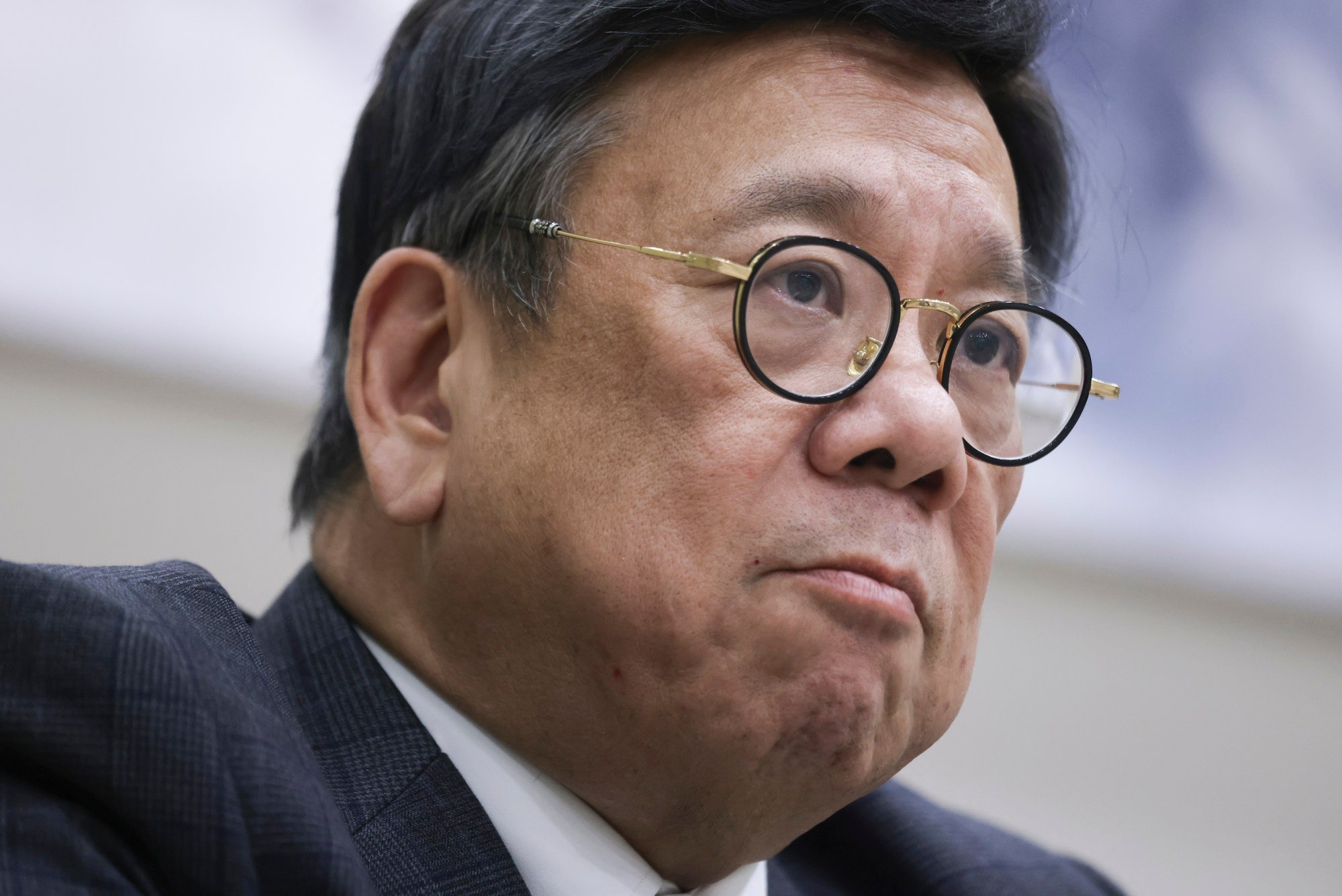HK$19 billion in loans approved since 2020 to help Hong Kong’s retail SMEs hit by pandemic
Responding to lawmakers’ queries on what could be done to help retailers who were still struggling, Yau said the government’s scheme continued to help SMEs in the sector to explore new markets and raise their competitiveness in the face of changing spending patterns of locals and visitors.
Allen Shi Lop-tak, an honorary president of the Chinese Manufacturers’ Association, told the Post many SMEs were still facing difficulties with cash flows, and that though measures such the loan guarantee scheme could help, many companies still faced pressures in repaying their loans.

“The scheme has of course been useful to SMEs. It was introduced to help alleviate the burdens of businesses to get through the pandemic, but the economic environment today remains challenging,” he said.
Shi hoped the government could introduce other measures, such as extending deadlines for repayment, so that the industry would stand a better chance of surviving and avoid “a wave of businesses going bust”.
“When it comes to the repayment, some SMEs might still find it difficult and we hope they won’t be pushed too hard,” he said, and suggested that certain “individual cases could be given some buffer, such as paying back the interest first” before the rest of the loan.
The government also announced the extension of the 80 per cent and 90 per cent loan guarantee scheme to March 2026 in a bid to ease SMEs’ cash-flow problems.
Shi agreed that the 2026 deadline was an appropriate time frame, citing signs of recovery in the European economy and the potential slashing of US interest rates.
Peter Shiu Ka-fai, a lawmaker who represents the retail sector, said that business for many SMEs had plummeted due to changed consumption patterns by both locals and tourists.
“Visitors coming to Hong Kong are spending less, while Hongkongers are travelling abroad or heading across the border to the Greater Bay Area,” Shiu said, adding that consumption levels had not returned to pre-pandemic levels.
Shiu also said retailers would also benefit from measures to help them deal with high rents.
“I hope that developers, landlords and especially the Housing Authority can have an earlier discussion with their tenants regarding adjustments to rent,” he said.
The city experienced a retail slump in April when sales dropped 14.7 per cent year on year, as Hongkongers opted for spending across the border during the Easter holidays and on weekends.
Last year, the Post reported a six-fold surge in repayment defaults from 2021 to 2022 under the loan scheme to HK$2.46 billion.
The Post has reached out to the Commerce and Economic Development Bureau for comment on those figures.
The Special 100% Loan Guarantee Scheme allows each SME in Hong Kong to borrow up to HK$9 million at an interest rate of the prime rate minus 2.5 per cent, or at 3.375 per cent.
Borrowers can opt to delay repaying the principal sum, with an exemption period of up to 42 months.